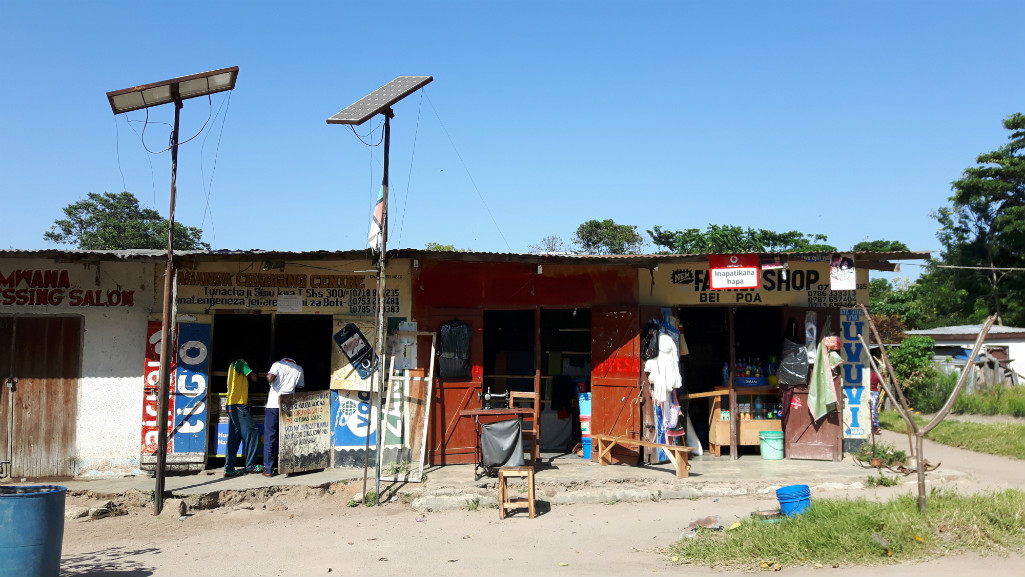… but at the same time stay true to their values
When we look at the way organisations communicate, we often see that NGOs, like Hivos, are particularly fond of imposing their own worldview on their audiences. The language and narratives they use rarely really resonate with viewers, readers and listeners, but rather reflect the values and identity of the NGO. Attempts by organisations to engage with audiences and influence their views and practices, especially in lobby and advocacy, are often unsuccessful. Frankly, this tendency is – putting it mildly – a missed opportunity.
Most professionals in the field of communication are well aware of the importance of their message when addressing their audiences and deciding on the best way to frame their story. However, it is still their story. So what if we try to turn that around and truly listen to our audiences and connect our message to their values, worldview and sense of identity?
Reviewing our narrative
In an attempt to change our narrative to increase our impact, the Hivos Green & Inclusive Energy programme invited Climate Outreach, Europe’s leading specialist in climate change communication, to help us tailor our lobby and advocacy messaging to the values of our audiences: financiers and policymakers in the global energy sector. The aim was not to start copying our audiences’ vocabulary, but to be able to inspire – at times challenge – our audiences in a way that our message also connects to their deepest motivations and aspirations.
Climate Outreach reviewed a number of existing materials, from research papers to factsheets for stakeholders, and interviewed prominent experts from our target audiences. The findings (see their report in the right sidebar) were at times surprising, but above all, insightful.
What does our audience tell us?
One of the most eye-catching remarks from the interviews included pointed criticism of the moralistic and judgmental tone NGOs often adopt. “People feel judged by NGOs who ‘come in as the do-gooders’ with ‘continuous hand wringing’”, says one of the respondents (Climate Outreach, Marshall, G., Shaw, C. and Clarke, J. 2018, p. 28). Furthermore, NGOs are accused of not understanding how the world works and using language that is overly negative, focussing on deprivation or suffering.
On the other hand, what NGOs are respected for is their integrity and commitment to social benefits for people who are often overlooked and forgotten.
Another key outcome debunks a common myth about the motivations of funders and policymakers. Personal gain, in terms of financial returns or increasing the support base in the case of politicians, is not the only aspect of their work that gives them satisfaction and makes them proud. Especially on an individual level, funders and policymakers are highly motivated by the social benefits they can bring about for others.
The study revealed many more insights, such as the preference for specific words (e.g. markets, scale, and transformation) and the importance of personal stories of change rather than abstract descriptions of benefits. All these results show us how we can communicate more effectively with our audiences. It’s important, for instance, to refrain from accusing others of failure or of not taking responsibility or real action. Rather, as the respondents argue, NGOs should acknowledge the different roles of all stakeholders in “doing something for the greater good”. Furthermore, audiences believe NGOs ought to focus on the mutually complementary and advantageous nature of partnerships, with the NGO stressing its unique role in securing the social mission both parties have embarked upon, thereby concentrating on the opportunities instead of the problems.
Balancing compliance and truthfulness
The study, however, also raises some important questions about the extent to which NGOs should fully tailor their message to their audiences, such as, How to stay true to your organisations’ identity while at the same time complying with your audiences’ language and views? How to use different narratives for specific audiences and at the same time stay sincere and authentic? And how to deal with the image and views on how NGOs should behave if it isn’t in accordance with who you are as an organisation?
Despite these questions, a main conclusion can be drawn. The most important thing is to look beyond our preconceived notions about our target audiences and what works and doesn’t with them. Instead, we should take time to listen deeply to our audiences, respect their worldview and try to connect with them on a level where we find each other in our values. If we take them seriously, we will have more impact and be better communicators!






